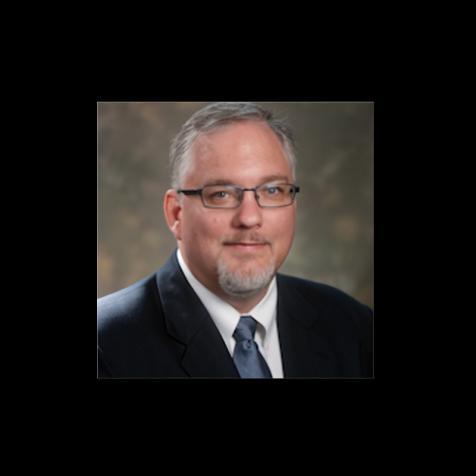Dean Scott Titsworth's View on Scripps' Role in the Community
Recently, I had the opportunity to sit down and remotely interview the dean of our college, Dr. Scott Titsworth. The conversation focused around the role of the Scripps College in the community and the challenges the pandemic brings.
The Scripps College has always played an imperative role for the communities of both Ohio University, Athens, and the regional campuses of OU. Thanks to the Scripps College, local businesses have been able to obtain help from students and faculty. A variety of efforts from the College and its faculty have also benefitted the community and created awareness for a multitude of issues that face South-East Ohio.
The Dean of the Scripps College of Communication, Dr. Scott Titsworth, views Scripps’ role in the community as one of importance. Dr. Titsworth emphasizes the importance the college puts on its students to become active members of communities in which they live after graduation. The Scripps College aims to provide students with "situational discomforts" that in class simulate realistic environments that students will experience. Many of these courses offer these discomforts in the Scripps College, where students are tested with questions that potentially have conflicting beliefs and views as their own; the Scripps College highly emphasizes the importance of thoughtful and engaging dialogue.
Dr. Titsworth noted that the pandemic has garnered unique issues the college deals with, some of which impact the way the college interacts with the community. An inability for students to meet in person and build a network with both their classmates and their professors has diminished the ability for students to directly visit local businesses or report on local issues, but this hasn’t prevented students from assisting the community in a virtual format. For instance, Dr. Titsworth is currently teaching a first-year student course in which students are assisting Passion Works Studio with their social media presence. Passion Works Studio is a collaborative community arts center located in Athens, Ohio. Despite the obvious hurdles that COVID-19 grants, professors and students alike are trying to improve the community in any format, generally by web-oriented methods.
“I think we should be doubling down on how we can do things in our classes that lets them build a sense of community together that is more than students enrolled in a class, and also build a sense of community with the community in which we live, the community of Athens.” Dr. Titsworth said.
Dr. Titsworth also talked about the excitement students will have when eventually being able to return to the classroom and work in person, “I think we have to do everything that we can to feed that hunger and to let people really positively experience being together again.”
Regarding the McClure School of Emerging Communication Technologies, Dr. Titsworth said that their role for Scripps is also imperative. He notes that having a school dedicated to the cutting edge of technology is great for both the college and the community. He believes all of the work out of the school is important, but he has keen interest in their AR and VR facilities, as they are potentially able to equip future students with real-world experiences in the medical field, among a multitude of other possibilities. He is interested to see how these technologies will serve the school and community for the future. Dr. Titsworth is also excited about the ECT School’s endeavors for the environment, noting that a development of tech will inevitably benefit the environment.
About the McClure School, Titsworth said, “They’re working in areas of communication technology—that area at the bleeding edge of where the industry is at right now.” Titsworth expressed optimism for the future of both AV/VR and augmented reality, as it is increasingly becoming more feasible for organizations and companies to utilize these technologies. He is both thankful and excited about OU’s investment and interest in these emerging technologies.
However, there are hurdles that the Scripps College faces when faculty and students work in projects in the community. There is the persistent issue of funding: it can be difficult to reimburse students if they are to, for example, use their own vehicles for a class project. It can also be costly to wholly engage in project-based learning, especially when equipment such as cameras and microphones need to be shared throughout the Scripps college.
Another issue is one of logistical planning. When provided with an academic calendar, it becomes difficult for students to fully assimilate to the Athens community, as the community doesn’t stop when there is a break or during the weekends, for example. With the continuation of the academic calendar also comes high turnover rates of students entering and exiting classes as well, and with this, new students must be trained and prepared to give back to the community in the same fashion that previous students did.
“It becomes difficult to fully work in a project within an academic calendar.” said Dr. Titsworth. Because of this, it becomes difficult to have a curriculum revolved around project-based, localized endeavors. Despite the challenges, Dr. Titsworth believes it is important to give back to the community of Athens and is looking forward to bringing to fruition community-oriented projects in the college.
The McClure School of Emerging Communication Technologies strives to offer the best academic programs in the IT (Information Technology)(opens in a new window), the game development and the Virtual Reality/Augmented Reality(opens in a new window) (VR/AR) industries. Our programs and certificates cover numerous aspects of the rapidly changing industries of information networking, information security, data privacy, game development(opens in a new window), digital animation and the academic side of esports(opens in a new window).
